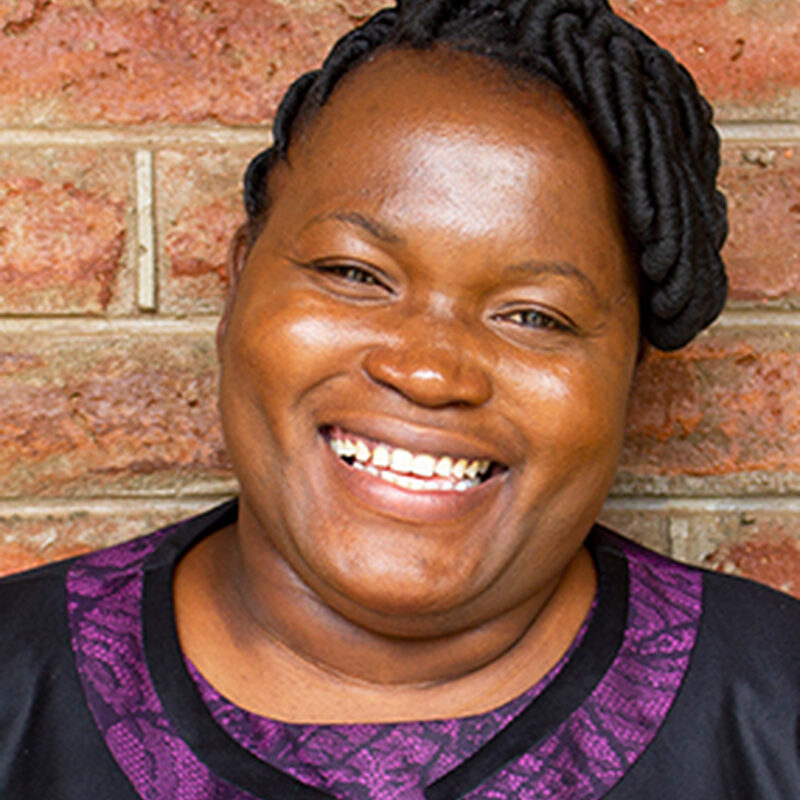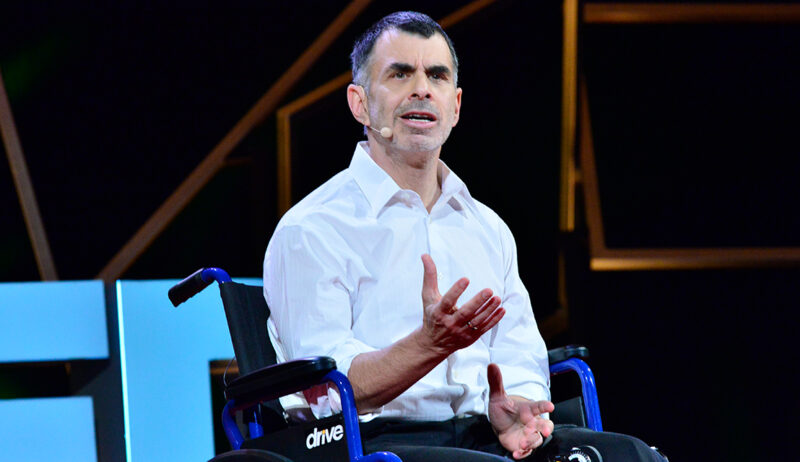About this talk
After witnessing first-hand, the stark contrast between infant mortality rates in England and her home country of Malawi, Queen Dube became a catalyst for change. When she started to work to obtain the technological innovations necessary to improve neonatal care and reduce infant mortality rates in Malawi, she learned that the best western technologies are not always the right fit.
Empowering frontline health workers to be a part of the solution has proven to be an important part of process when working to change health outcomes for some of the most vulnerable among us. Watch Queen’s TEDMED 2018 Talk to learn more about her work to close the equity gap in neonatal healthcare.
About Queen Dube
See more
About Queen
Queen Dube is a highly respected pediatrician and public health leader from Malawi. She is an expert in newborn and child health, known for her work in reducing infant mortality rates in Africa. Queen is a key figure in the NEST360 initiative, a global effort aiming to cut the number of newborn deaths in Africa in half. This multi-institutional collaboration develops and implements a package of affordable, durable medical technologies and training programs for hospitals in low-resource settings. She played a major role in the clinical study of the Pumani CPAP, a low-cost breathing device for infants, which was a key part of NEST360. Queen has held leadership roles within her country, including serving as the Chief of Health Services for Malawi’s Ministry of Health. In 2024, she joined the World Health Organization (WHO) as the Newborn Health Program Lead, where she works to set global policies and standards for newborn care. Her research focuses on critical issues like pediatric HIV and neonatal infections, and she has been a principal investigator on several major studies.











